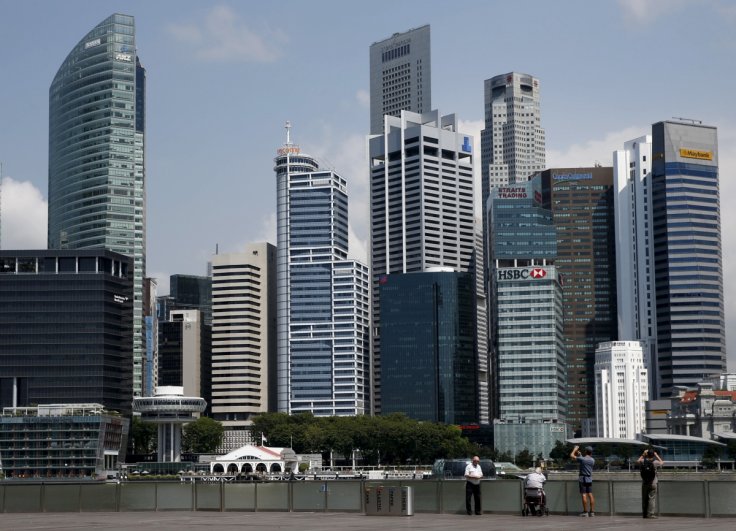
The sustained increase in the price level of goods and services in Singapore is expected to trend higher this year, economists at UOB Global Economics and Markets Research predict.
The Monetary Authority of Singapore (MAS) recently released the inflation data for the month of December and for the whole 2017. According to the figures, the city-state's December headline inflation registered a lower rate of 0.4 percent while core inflation eased to 1.3 percent.
The subdued headline inflation for the month of December was due to the continued contraction in accommodation costs down to -3.8 percent year-on-year. This is the 41st consecutive month of decline for the segment.
Private road transport costs also moderated to 2.6 percent from 4.1 percent in the preceding month, no thanks to the dissipation of base effects from the increase in parking fees in December 2016.
Also Read: Singapore inflation expectations edge up in Dec but geopolitical worries weigh: survey
Services costs also eased to 1.3 percent, reflecting a decline in airfares and holiday expenses.
For the said month, food inflation also slowed down to 1.4 percent, dragged by the smaller increase in the costs of non-cooked food items.
For the whole year, the 0.6 percent headline rate reversed the two consecutive years of negative inflation. Meanwhile, core inflation for 2017 rose to 1.5 percent from 0.9 percent in 2016.
For economists at UOB, the core and the headline inflation rate are expected average 1.5 percent and 0.6 percent respectively in 2018. Their projections are well within the central bank's expectation of 1-2 percent increase in headline figure and 0.1 percent rise in core inflation.
UOB Economist Francis Tan said there is no indication that prices are going to run away higher anytime soon in 2018.
"However, it is a fact that external demand had turned stronger and the improving domestic labour market condition will boost Singapore's core inflation to a higher range of 1-2%. This is from a 0-1% range back in the 2015-16 period," Tan explained.








